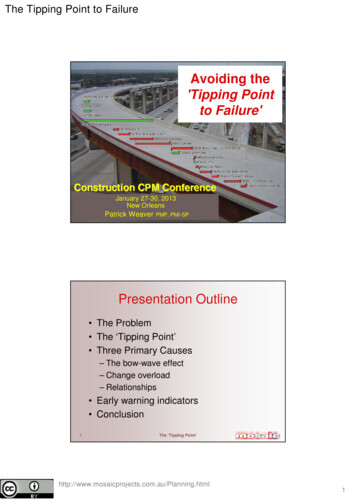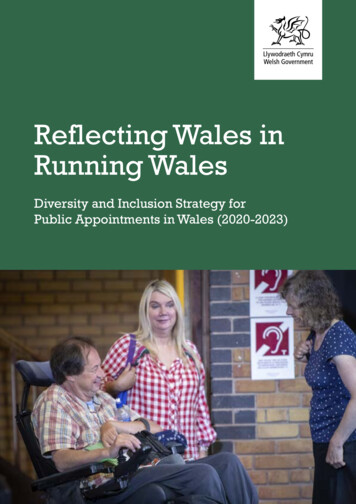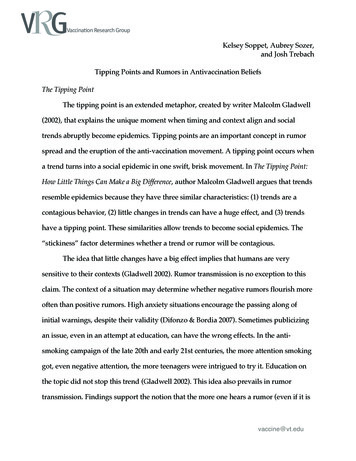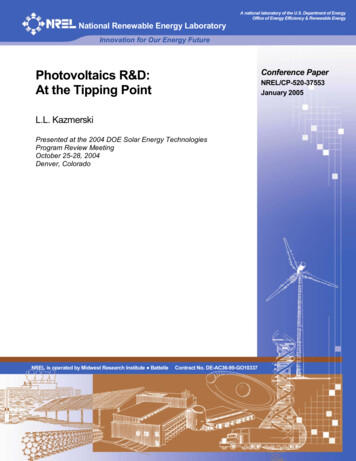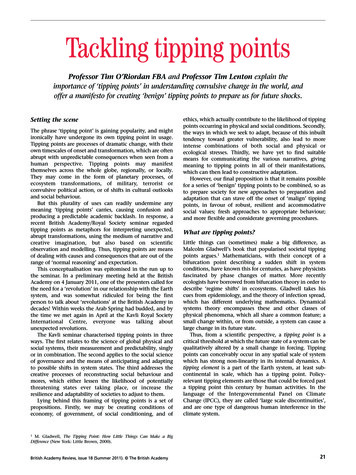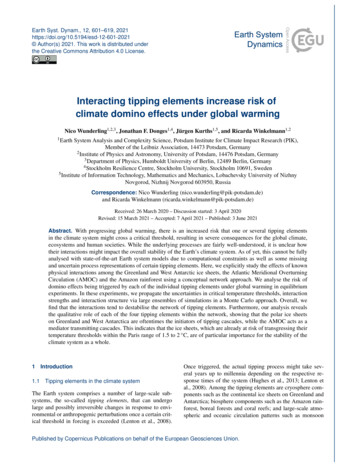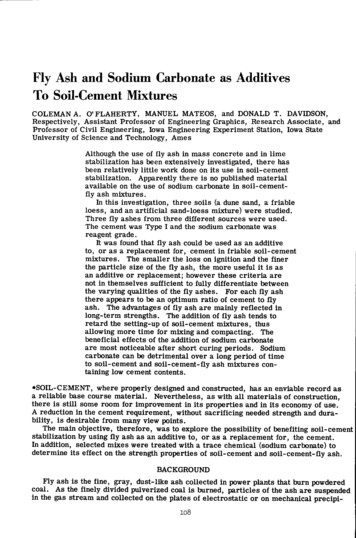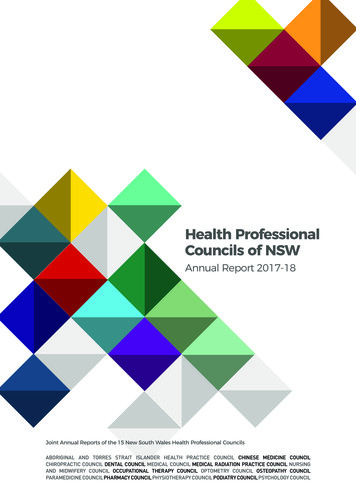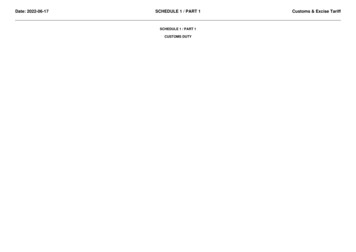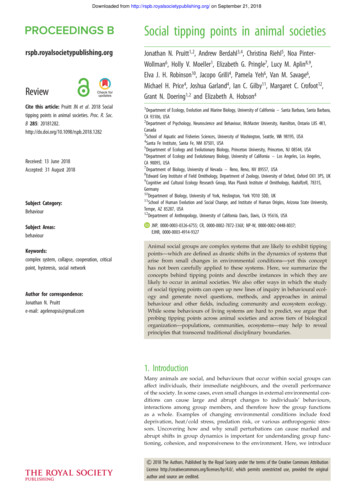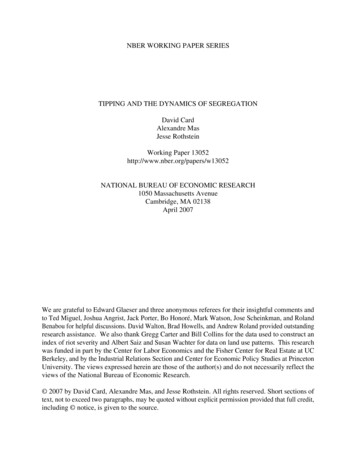
Transcription
A Fly-tipping Free Wales –Our strategy for tacklingfly-tipping
Digital ISBN 978 1 4734 2972 7 Crown copyright 2015WG24446
Contents1Introduction32Developing the Strategy53Background74Delivering Outcomes105Cross Cutting Themes186Monitoring our Progress257References292
1 IntroductionThis strategy will aim to deliver our vision of ‘a future for Wales that is free fromthe unacceptable social, economic and environmental harm caused by fly-tipping.A future in which we all work together to take responsibility for our waste andbuild pride in our communities.’Fly-tipping is a blight on our communities. It poses a threat to humans and wildlife,damages our environment, and spoils enjoyment of our towns and countryside. Over32,000 fly-tipping incidents were recorded in Wales during 2013/14 costing the Welsh taxpayer over 1.9 million to clear1. These incidents varied in size from a bin bag of rubbishto large lorry loads of construction and demolition waste.The Welsh Government is planning for a better Wales by doing things the right way forour future generations. Tackling the issue of fly-tipping in Wales is an important step inachieving this goal, a goal that requires coordinated action by all partner organisationsand communities across Wales.A depleted natural environment blighted by fly-tipping impacts not only on our long-termhealth and wellbeing, but also on our ability to grow our economy. It can affect both thetourism and inward investment potential of an area, as well as the value of its homes.Fly-tipping undermines legitimate waste businesses, with illegal operators avoiding wastedisposal costs and undercutting those who abide by the law. On average, it costs 105on average in landfill tax and gate fees to dispose of one tonne of waste. In some cases,this cost may drive businesses to dump waste irresponsibly and illegally. Many flytipping hotspots are also subject to arson attacks at an average cost of 1,970 per callout for the Fire and Rescue Services. These are just two of the economic costs of flytipping that are often overlooked.Deprived communities are often disproportionately affected by fly-tipping2 and weunderstand that a poor local environment is not only a symptom of poverty it can also bea cause. That is why in our position paper in 2012:3 ‘A Fly-tipping Free Wales’ we set outa strong commitment to tackling the problem in poorer communities and to help “thoseexposed to the most degraded environments.”Welsh Government is fully committed to tackling fly-tipping on all fronts. Since 2007 wehave funded Fly-tipping Action Wales; this initiative is coordinated by Natural ResourcesWales (formerly by the Environment Agency Wales) and involves over 50 partnersworking together to tackle fly-tipping through education, enforcement and community12Flycapture data - incentives and solutions. (2006) - http://www.ucl.ac.uk/jdi3Consultation Document 'A Fly-tipping Free Wales' epq/cleanneighbour/flytipping/?lang en3
engagement initiatives. Since 2007, Flycapture data1 shows that fly-tipping across Waleshas steadily declined and businesses and householders are now more aware of howthey can dispose of their waste safely, legally and responsibly.However, we recognise that there is still much work to be done if we are to achieveour long term goals. The state of our natural resources is the most crucial legacy thatwe will leave for future generations. To create a more prosperous and resilient futurefor Wales we must sustainably manage our land, air and water. We believe thateveryone in Wales should enjoy and be supported by a clean, healthy and safeenvironment, and that aim is at the heart of this strategy. This document highlightswhere we are now and the actions needed to achieve our vision in partnership withour stakeholders.4
2 Developing the strategyThis strategy has been developed through extensive consu
Fly-tipping is the common term used to describe waste illegally deposited on land. The offence of fly-tipping and the additional offences of 'knowingly causing' or 'knowingly permitting' fly-tipping are set out in Section 33(1)(a) of the Environmental Protection Act 19904. The waste can be solid or liquid and can vary in scale from the .
